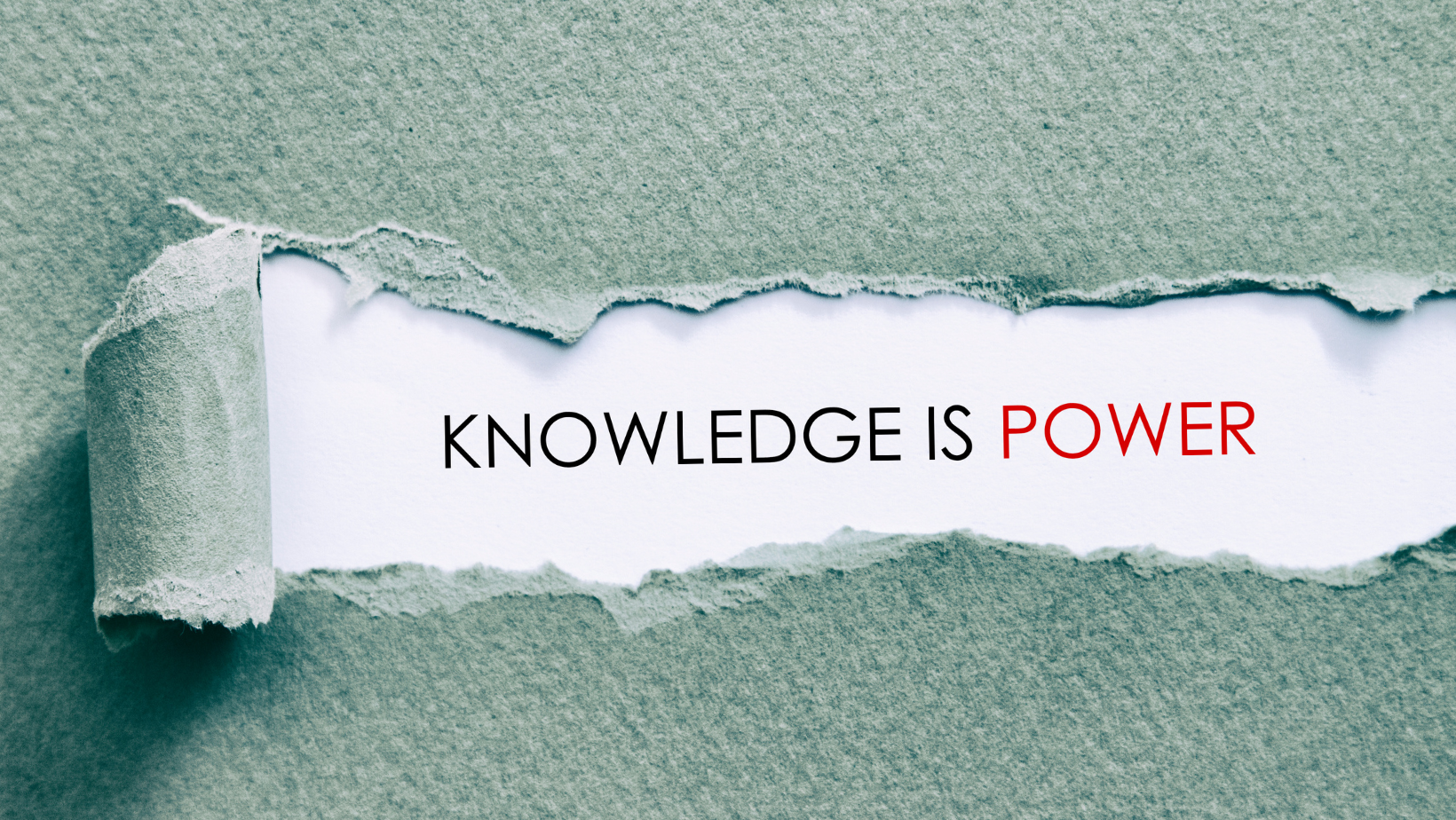Is Intentional or Unintentional Ignorance at the Root of the Attack on DEI?

A Gemisode® Series – Part I
It’s June, which means another month of highlighting and bringing awareness to various causes has arrived. This month, in addition to Pride, which celebrates and recognizes the contributions of members of the LGBTQ+ community, we also focus on Men’s Health, which seeks to bring attention to the unique health issues impacting boys and men, and Post Traumatic Stress Disorder (PTSD), an anxiety disorder that develops after someone has experienced a traumatic or life-altering event.
So, what’s up with the title of this Gem, and what does all of this have to do with DEI or ignorance? Glad you asked! Headlines about DEI (Diversity, Equity, and Inclusion) being under attack and increasing legislation banning the education of people around certain issues, or the expression of religious or other beliefs, have been rising at an alarming rate around the world. All these discussions point to a broader issue: ignorance (the absence of knowledge) and the failure to understand or appreciate the complexities of the depth and breadth of the human experience.
The term “intersectionality” was coined by Dr. Kimberlé Crenshaw in 1989. In an interview with Time in 2020, when asked what the term meant, Dr. Crenshaw described it as “a lens, a prism, for seeing the way in which various forms of inequality often operate together and exacerbate each other.” Further going on to state, “we tend to talk about race inequality as separate from inequality based on gender, class, sexuality, or immigrant status. What’s often missing is how some people are subject to all of these, and the experience is not just the sum of its parts.”
Recognizing and, more importantly, making space for the myriad of identities people possess is crucial for fostering inclusive environments, whether those environments are at the personal or professional level. When leaders, organizations, and educational institutions fail to educate themselves and those they are responsible for on the realities before them, and instead focus on pieces of the story to sensationalize, they miss out on the opportunity to create better environments for all. For any leader or organization looking to grow, this missed opportunity has far-reaching consequences as understanding current or future customer needs, as well as the needs of those who make up their communities, ultimately impacts engagement, innovation, and always the bottom line.
#GemAlert
When we as a society can embrace that the tenants of DEI are broader than race, meaningful change will occur.
In its purest form, DEI is meant to be extensively broad, encompassing various aspects of identity beyond just race, which unfortunately has been its primary focus for too many. This narrow focus has led to a backlash and a misunderstanding of what DEI aims to achieve. By broadening our perspective to include all facets of identity, such as gender, age, disability, sexual orientation, and socioeconomic background, we can create a more comprehensive approach to inclusivity. Then and only then can awareness and celebration periods truly achieve their intended goals: increased awareness, education, and meaningful action taken.
In part II, the conclusion of this Gemisode series, we’re going to explore the consequences of ignorance and discuss the role leaders play in promoting and advancing awareness and inclusion.
I'm Charmaine. CEO and Founder of Chapter tOO™ and your guide to professional and business optimization. More About Us
Welcome!
A NYC certified Minority/Women-Owned Business Enterprise (M/WBE)
© 2021- 2025 Chapter too™ all rights reserved.